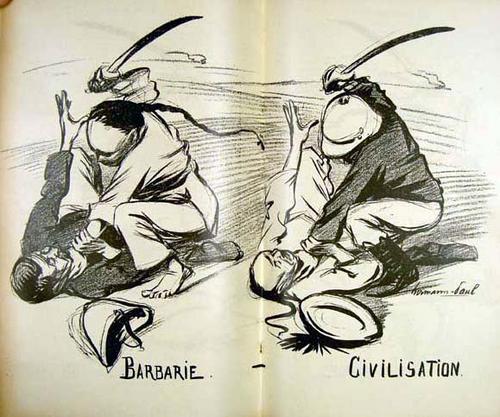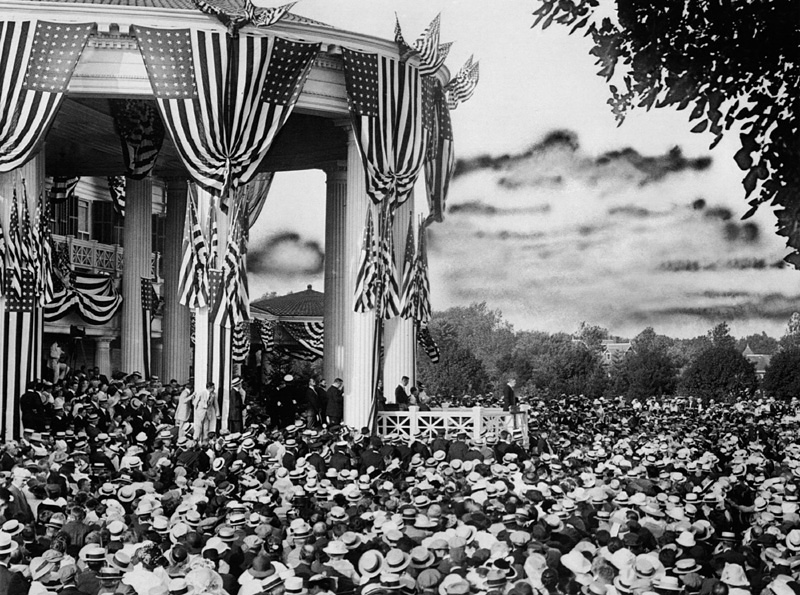By Sarah Bakhtiari
Bridging the gap between academics and policymakers continues to captivate the blogosphere: retired Brigadier General Paula Thornhill offers insights to academics on engaging with the military; Dan Reiter reveals the power of IR scholarship to help policymakers know the efficacy of their tools; and Celestino Perez, Jr., makes the case that military officers have an ethical burden to get acquainted with political science that is commensurate with their license to kill. On the other hand, even academics themselves trumpet the kind of simplicity policymakers desire, at times. APSA’s Task Force on Public Engagement offers twelve recommendations on how to make political science more visible and valuable to external audiences.
Given the immense human rights, distributional, and policy issues generated by the continued waves of northbound refugees from North Africa and the Middle East, should the European Union reconsider its refugee policy, derived from an antiquated UN Convention definition?
Democratic backsliding following democracy’s Third Wave, declining political rights and civil liberties, and the (debated) failure of the Arab Spring have suggested to some that authoritarianism is resurgent. Maybe the situation isn’t actually as dire as these characterizations would lead one to believe; nevertheless, scholars are making efforts to explain why democracy faces challenges today, including within the European Union itself.
In the last few years, more than four thousand Europeans have traveled abroad to support the jihadist activity in Syria and Iraq, and many return to Europe. Should European states prosecute these individuals or rehabilitate them? Europeans aren’t alone in their foreign exploits; roughly one hundred Americans have also joined forces with several anti-Islamic State groups as free agent fighters.








1 comment
Great articles on this issue. I do not see hope that the gap will be closed. Politicians don’t have the time or political will to reach out to an “academic”. I think the problem is academic themselves. If we stayed away from tbe pedantic, academic language we use in our papers (I have a Masters in Polisci and pursuing a doctoral degree) maybe we would get some politician’s attention. Some of the stuff we write is for sure hard to read Let us write our ideas in simple terms so that the average person can also understand it and then convince the politicians representing them to embrace it. Thanks.